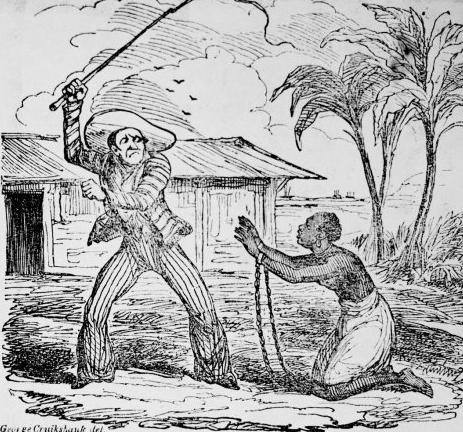|
L. LYKOV Volume 9, Issue 4 As we go through law school, unique to Melbourne it seems, there is this ongoing pressure to work a legal role. The object is simple: to show a future (preferably top tier) employer that we have applicable skills that go beyond the books, that we're accustomed to the rigmorale of clients’ comings and goings, and that we can put on a suit and sit hunched over a desk for hours at a time. By and large, as students we will not be seeking this work experience in the big city firms of our aspiration, but more likely a smaller quote unquote suburban firm, which is in the inner metro anyway. Firms like this employ my friends. I've attended interviews at these firms, hell I've even been offered jobs at them. But there's an undercurrent to the ritual of application and interview, and it's an undercurrent which turns my stomach: they expect us to work unpaid.
The student's I've spoken to that have taken these roles usually respond with “it's just what's done” or “they can't afford to put me on the payroll.” There is no suggestion that what they're doing may be illegal. Which it is, very much so. A quick glance at FairWork's unpaid internship sheet (linked below) reads like any legal test in contracts. It's a matter of discretion over whether or not a legal relationship exists. Many factors come into play here: length of employment, complexity of role and perhaps most important, who seeks to benefit from the role. If you are doing filing and basic computer input, things that you already know how to do and learned to do the first time you played SimOffice manager, you are not benefiting from the work. As you are not the primary benefactor, any experience you glean is outweighed by the financial gain you bring to the business and thus you should be remunerated as per the award for the legal sector (which is as handsome as Matthew McConaughey, might I add). It seems, while toiling at these firms, the working slave student thinks “wow praise the heavens for giving me this job that the business can't even afford” like the law firm is some gracious benefactor. But this is a for-profit business we're talking about here. If we want to expand their workforce, Adam Smith's mighty invisible hand points them towards increasing their prices. But it’s not like smaller firms aren't stacking paper. There seems to be some erroneous notion that being a small firm lawyer nets you some kind of subsistence salary but, speaking from my own experience, this could not be further from the truth. If you do the work of someone in a business who would usually be paid, without the supervision one would receive from, say, a teacher or mentor at your side, you deserve to be paid. But people aren't and no one is willing to speak out about it. I worked on the Royal Commission into Paternity and Maternity leave that was conducted in 2014. While I can't speak for what data went recorded, many of those taking part, particularly in professions like accounting or law, reported being treated like a leper when leaving at five to see their new family. One woman, a lawyer, has stuck in my mind. During the course of our conversation she said “and I couldn't go after them for discrimination, not if I ever wanted to work in law again.” This is the mood that pervades the unpaid student, you can't speak up for fear of being let go, and you can't take legal recourse for fear of being marked as an agitator, which certainly wouldn't gel with the big end of town. From a man on the street perspective, the argument is a bit conceited. A law student complaining about not getting paid? Somebody call the waah-mbulance, they might be a little late to the scene, as they have to pick up the world’s smallest violin on the way. And this is true: it’s not a hard hitting human interest piece. But the fact of the matter is many students of MLS and other institutions work to pay bills and they shouldn't be punished because they want to try and get legal experience at the same time. I can't change the system. But I can vote with my feet. I'm skilled. I've worked around town. I (and you) deserve to be paid a fair price for our labour. So the next time a place offers you unpaid work, just say no. Fair Work's Unpaid Work Fact Sheet L. Lykov is a 2nd year JD student who has worked for no pay before, and no more More De Minimis! Other Articles Like This
Also in this week’s issue of De Minimis: Comments are closed.
|
Archives
October 2022
|



